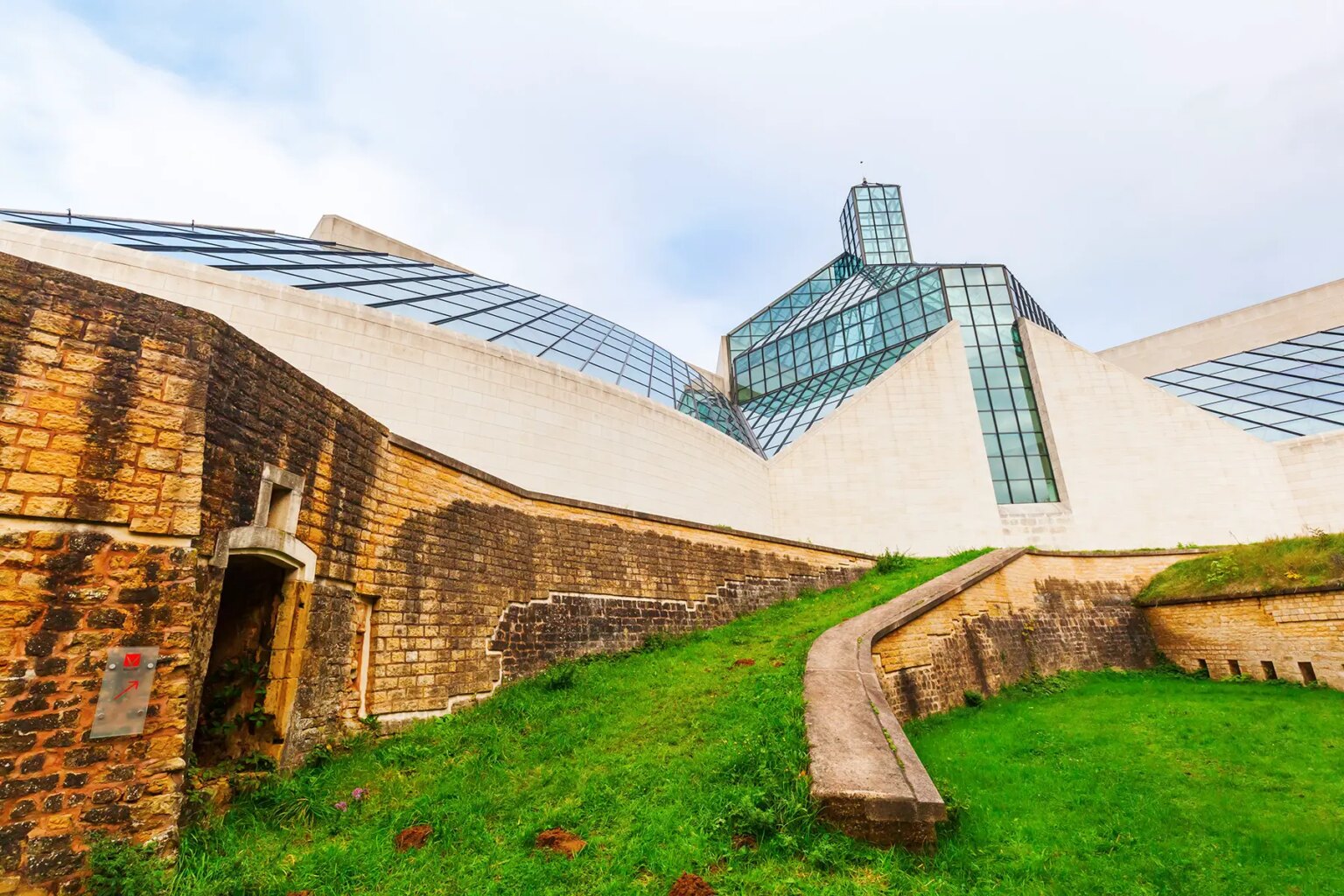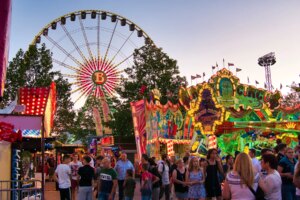Whether you’re already living in the Grand Duchy or just thinking about moving there, brushing up on a few facts can help you get to know the country. Meanwhile, those with a little more time might want to check out the history, culture, and art in some of Luxembourg’s top museums. Below, find out about:
Historical museums in Luxembourg
National Museum of History and Art
The Visual Arts section of this museum provides an opportunity to view a wide range of 18th to 20th-century Luxembourgish paintings. For example, of special interest are pictures by Joseph Kutter, Dominique Lang, Eugène Mousset, Jean-Pierre Beckius, Nico Klopp, and Auguste Trémont. There are also post-impressionist watercolors by Sosthène Weis, as well as sculptures by Auguste Trémont and Lucien Wercollier. In addition, an unquestionably original contemporary art collection is also on display at the museum.
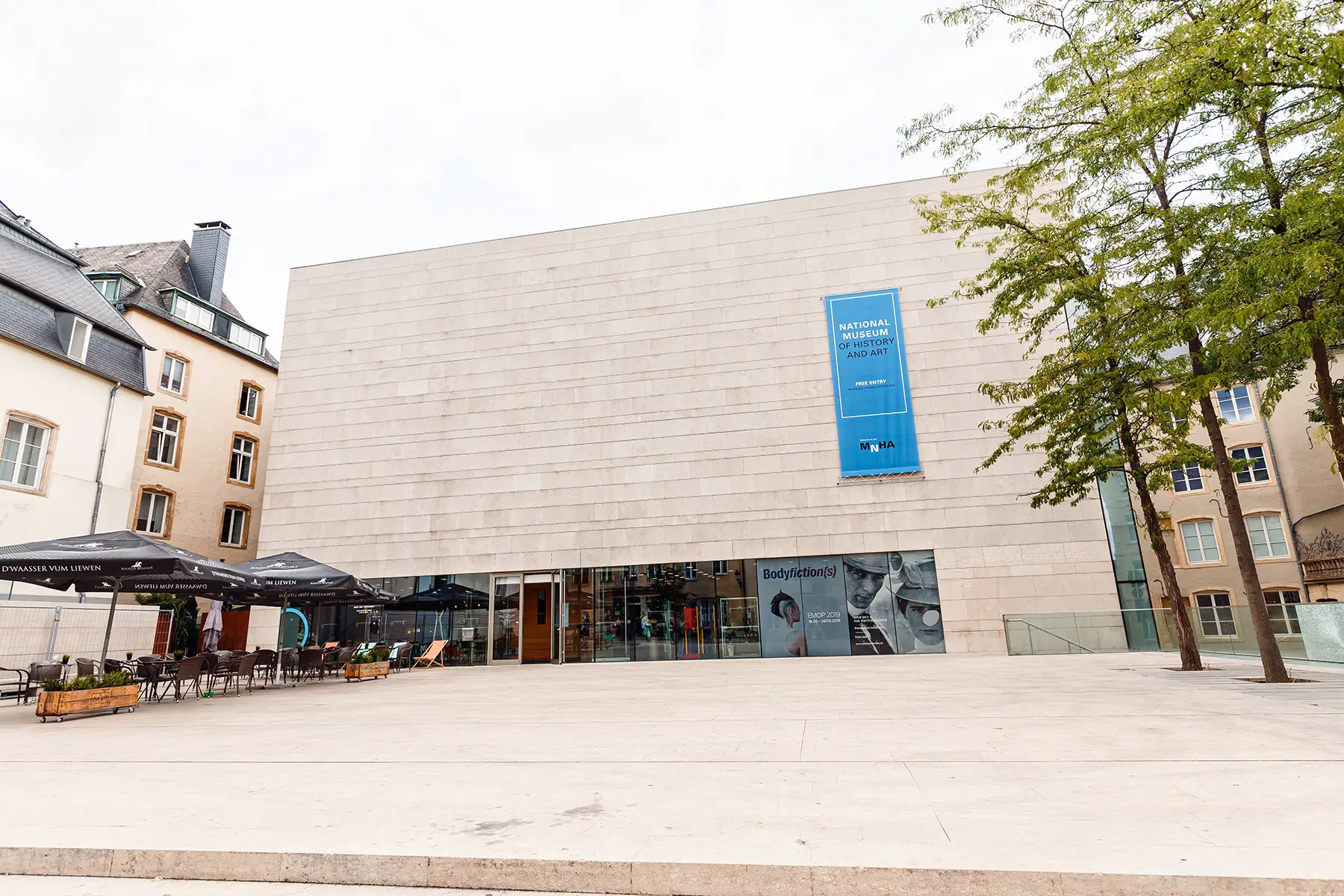
National Museum of History and Art, Luxembourg City
Luxembourg City History Museum
Housed in the former refuge of Orval Abbey and a few patrician houses in the center of the old town, this museum relates the history of the city through models, archaeological finds, as well as temporary exhibitions.
Luxembourg City History Museum, Luxembourg City
Natur musée
Natural history in this Luxembourg museum feels like an exploration of the world. Whether you visit one of the permanent exhibitions or the temporary galleries, you’ll discover the natural sciences from a different angle. In addition, the natur musée offers a program of lectures, guided tours, and workshops for all ages.
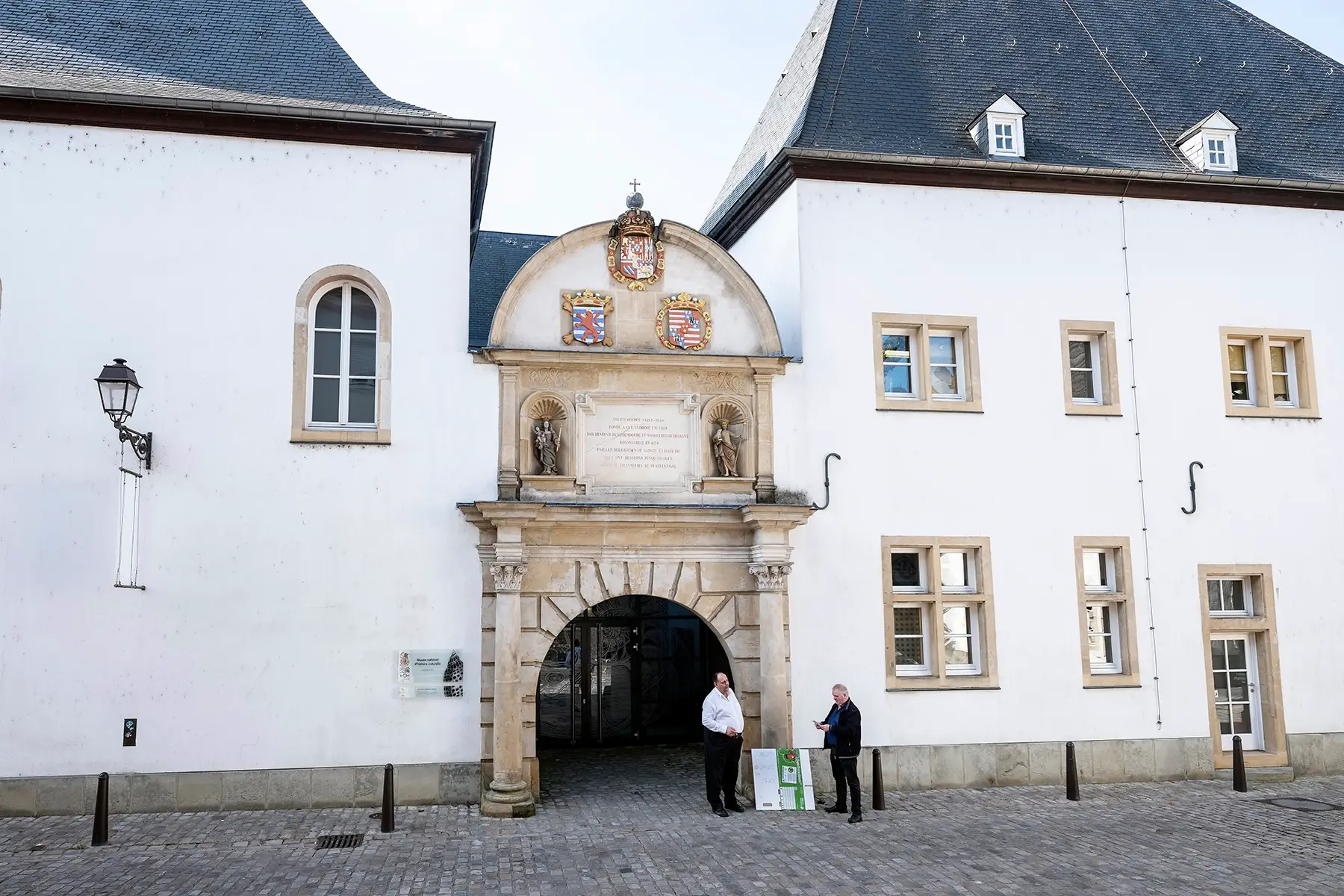
National Natural History Museum, Luxembourg City
Tram and Bus Museum
Another interesting museum is located in Luxembourg’s City Bus department in Hollerichand. The Tram and Bus Museum includes exhibits such as a historical horse-drawn coach, old tramway carriages and models of buses, and historical uniforms. In addition, numerous photos and documents illustrate the developments of city transportation since 1875.
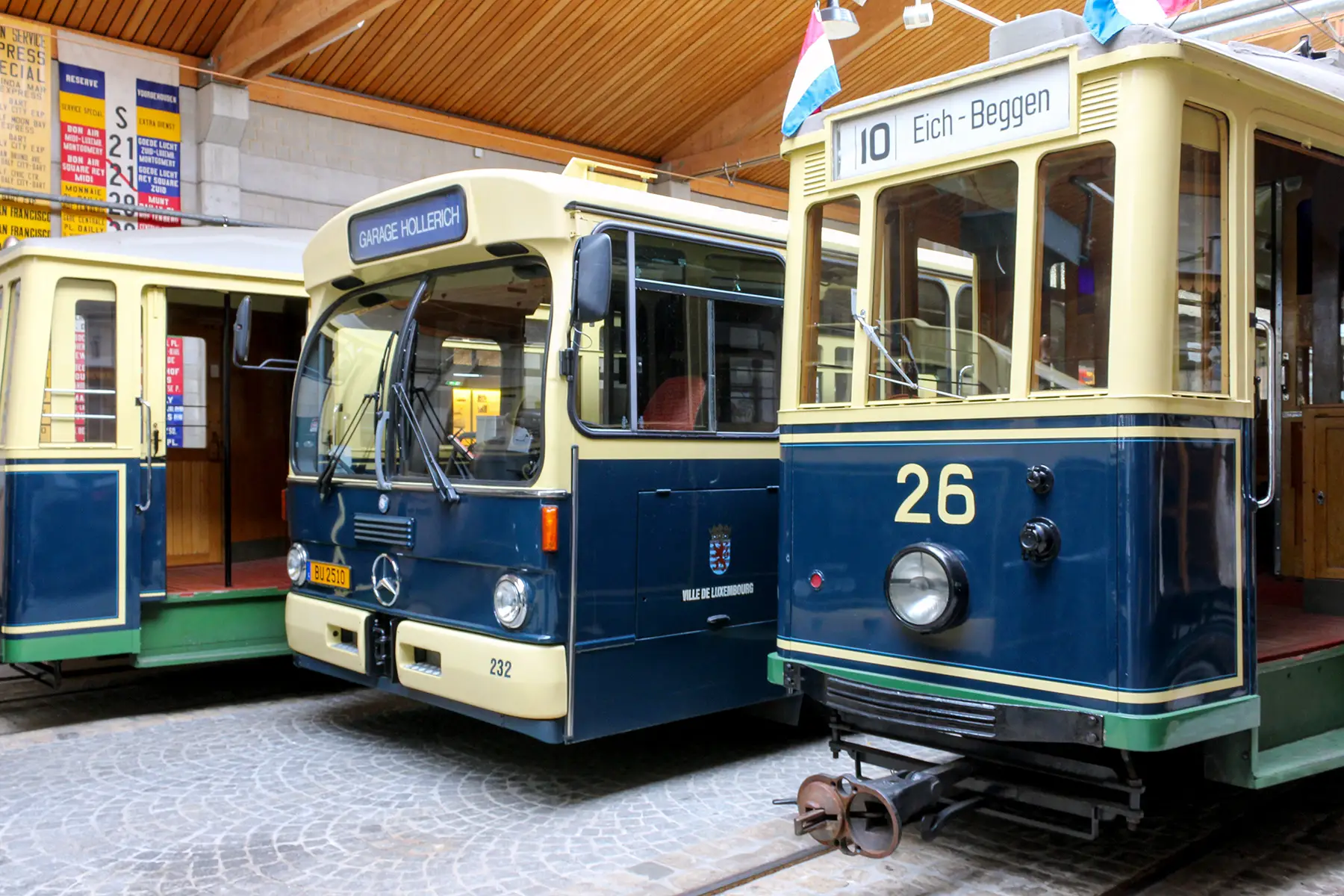
Luxembourg City Tram and Bus Museum, Luxembourg City
The Bank Museum
Learn about 140 years of banking tradition and innovation at this museum in the Head Office of the Luxembourg State Bank and Savings. During your visit, explore the development of the bank, the role of finance in Luxembourg’s prosperity, and its modern banking services.
The Bank Museum, Luxembourg City
Deportation Memorial
When the Nazis were occupying the Grand-Duchy of Luxembourg (1940-1944), the station of Hollerich, situated a few hundred meters from Luxembourg Central Station, became one of the main centers of deportation. In this location, the German Wehrmacht forced thousands of young people to join them or shipped them away to forced labor and an uncertain future. This memorial pays homage to the victims of Nazism. It complements the existing monuments and museums that commemorate the Luxembourgish people’s heroic resistance and the deportees who died in the concentration camps.
Deportation Memorial, Luxembourg City
Art museums in Luxembourg
Casino Luxembourg – Forum d’art contemporain
The Casino Luxembourg – Forum d’art Contemporain operates the same way as a Kunsthalle (an arts center with no permanent collection). Throughout the year, contemporary art exhibitions emphasize the diversity and complexity of current approaches.
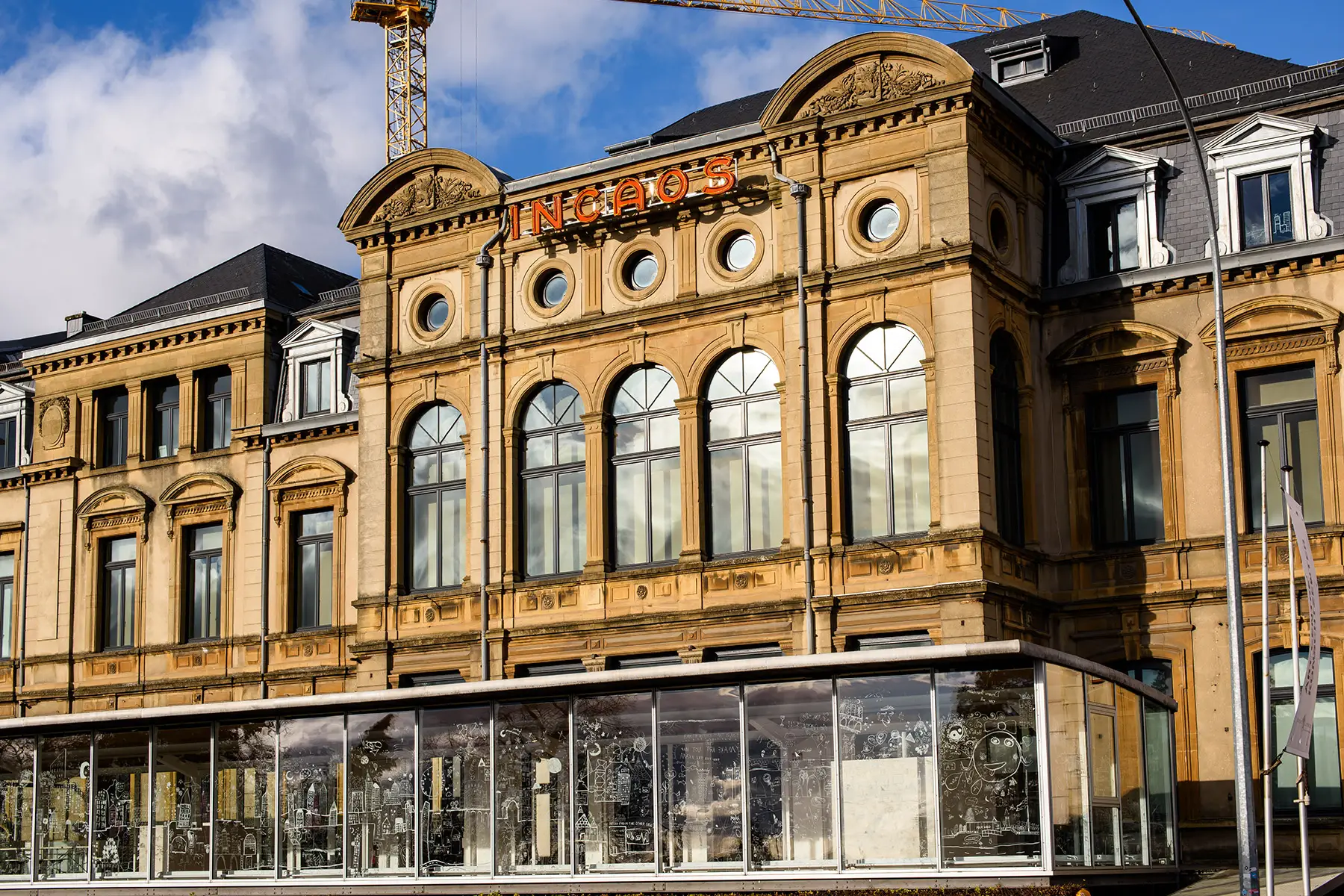
Casino Luxembourg, Luxembourg City
Musée d’Art Moderne Grand-Duc Jean
Situated on the new Park Dräi Eechelen and opened in July 2006, the Musée d’Art Moderne Grand-Duc Jean was designed by Ieoh Ming Pei. It was built at the old Fort Thüngen, based on plans drawn up by Vauban. “Be the Artists’ Guest” is the guiding concept of Mudam. Indeed, it gives carte blanche to artists and designers to put together the form and content of this new art venue, which aims to be alive with exchange and education.
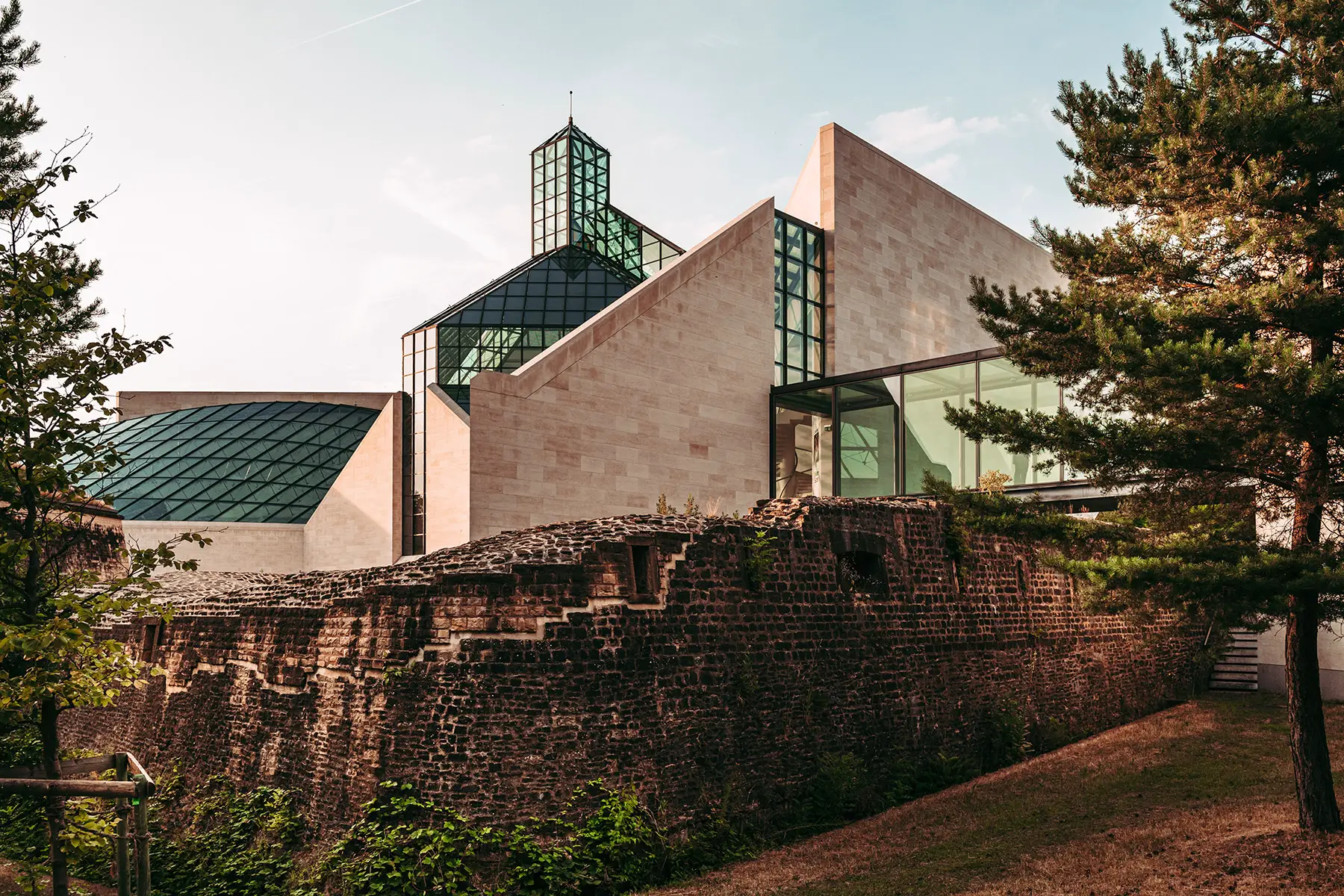
Mudam, Luxembourg City
Family of Man Photography Exhibition
Family of Man is one of the world’s largest photo exhibitions. Realized in 1955 by Edward Steichen for the New York Museum of Modern Art, it is also listed as a UNESCO World Heritage site.
Family of Man, Clervaux
Museums about Luxembourg’s cultural heritage
Wine and Folklore Museum A Possen
This Luxembourg museum is housed in a 17th-century vintner’s house and gives a glimpse of the winegrowers’ way of life and the working methods in previous centuries. The Doll and Toy Museum is fun for children of all ages. There are antique dolls, Barbie dolls, miniatures, teddy bears, and more. The museum of toys is also full of magnificent surprises: from miniature railways to rocking horses.
Musée A Possen, Schengen
Country Museum in Binsfeld – A Schiewesch
Two restored old farmhouses in the center of the village have been converted into a highly well-stocked museum of rural life. No fewer than 1200 pieces are displayed in twenty-one different rooms as living witnesses of former times. The barns also shelter a magnificent collection of antique farm machinery.
Country Museum, Binsfeld
National Mine Museum
The museum’s exhibits include ancient and modern mining tools; machines used to extract the iron ore; documents, maps, diagrams, photos, and work in the mine from the 19th century until today.
National Mine Museum, Rumelange
Victor Hugo House
The celebrated French writer Victor Hugo (1802–1885) spent several months in political exile in Vianden in 1862, 1863, and 1871. This museum was founded in 1935, 50 years following the poet’s death, and was renovated in 2002, the bicentenary of the poet’s birth.
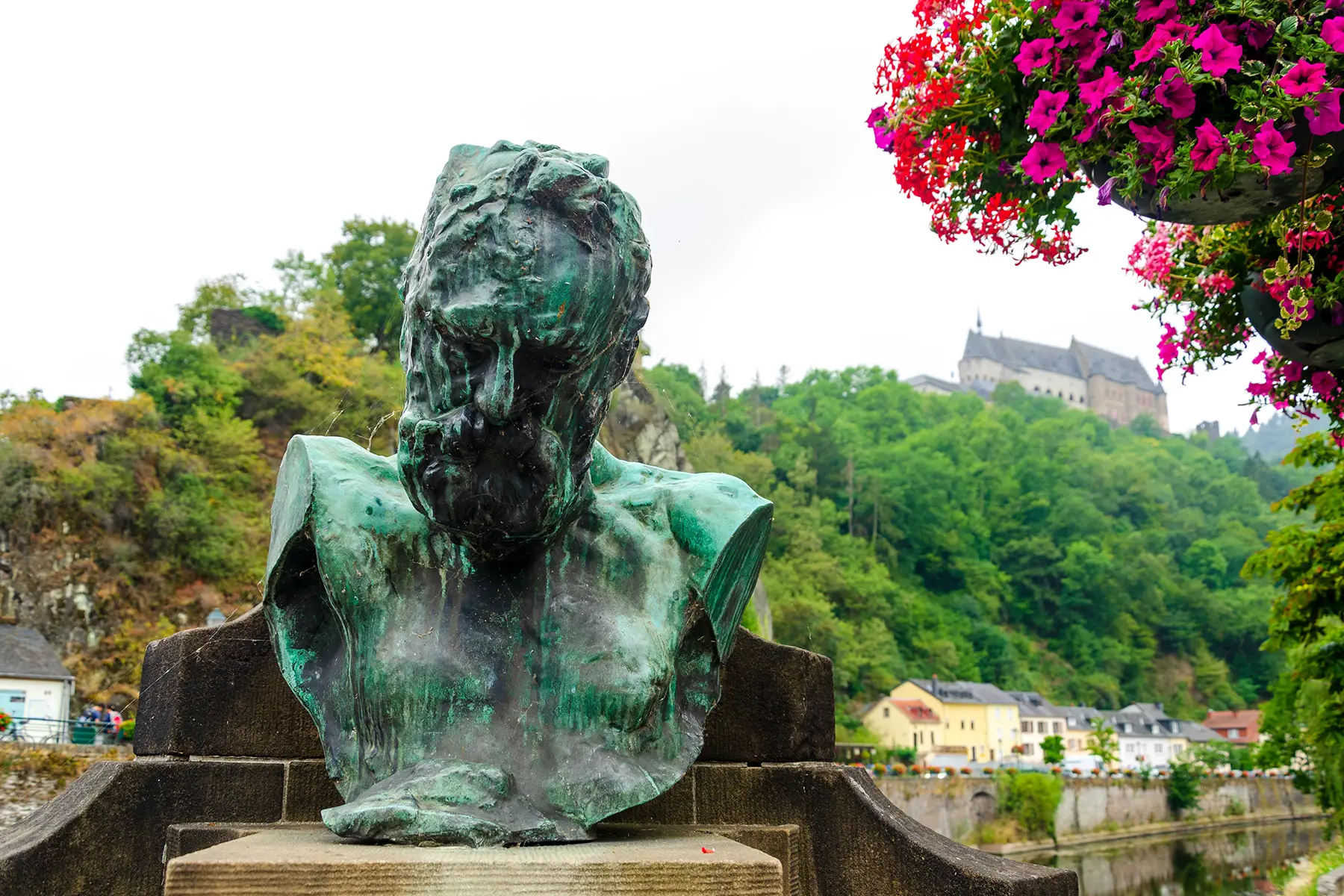
Victor Hugo House, Vianden
Copper Mine Museum
Discover a fascinating world of stones in the River Our Nature Park during a visit to the copper mine museum, some 6 kilometers north of Vianden. Firstly, follow the geological discovery path to the inactive copper mine. You can then descend into the old galleries and learn how copper was extracted in former times.
The Copper Mine, Stolzembourg
